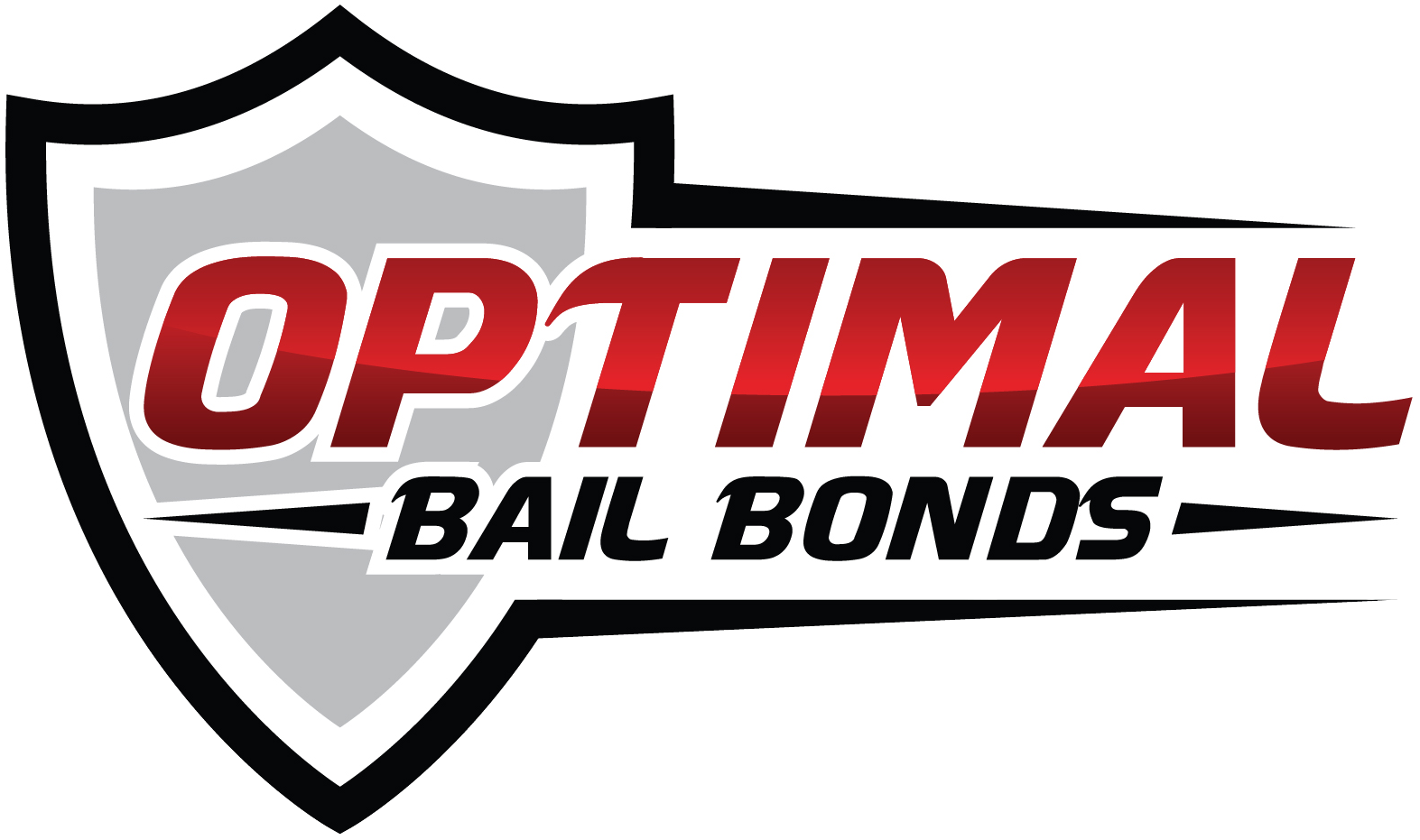One of the most important aspects of becoming a successful bail bondsman is maintaining high ethical standards. In an industry where trust and integrity are paramount, a solid understanding of ethics is a key part of the 120-hour bail bond course.
The Role of Ethics in the 120-Hour Bail Bond Course

Why Ethics Matter in Bail Bonds
Bail bondsmen deal with individuals facing legal challenges, and your clients are placing their freedom in your hands. Ensuring that you operate with honesty and integrity not only protects your reputation but also ensures you’re complying with legal and professional standards.
120 Hour Bail Bonds Course
The 120-hour bail bond course dedicates significant time to teaching the ethical responsibilities that come with this profession. Topics include:
Client confidentiality
Understanding what you can and cannot share about a client's case.
Conflict of interest
Recognizing when personal or financial interests could affect your judgment
Compliance with legal standards
Following state and federal laws ensures you don’t end up on the wrong side of the law.

Case Studies and Ethical Scenarios
During the 120-hour course, you will study real-life ethical dilemmas faced by bail bondsmen. For example:
Should you post bail for a repeat offender?
How should you handle a client who has skipped bail?
By tackling these questions in a classroom setting, you’ll be better prepared to make the right decisions when you’re out in the field.
Enroll Today
Ethics is the cornerstone of professionalism in the bail bond industry, ensuring trust and accountability in every interaction. By understanding its role in the 120-hour bail bond course, aspiring agents can build a solid foundation for a successful and ethical career. Ready to take the next step? Explore our resources and courses to start your journey today!
